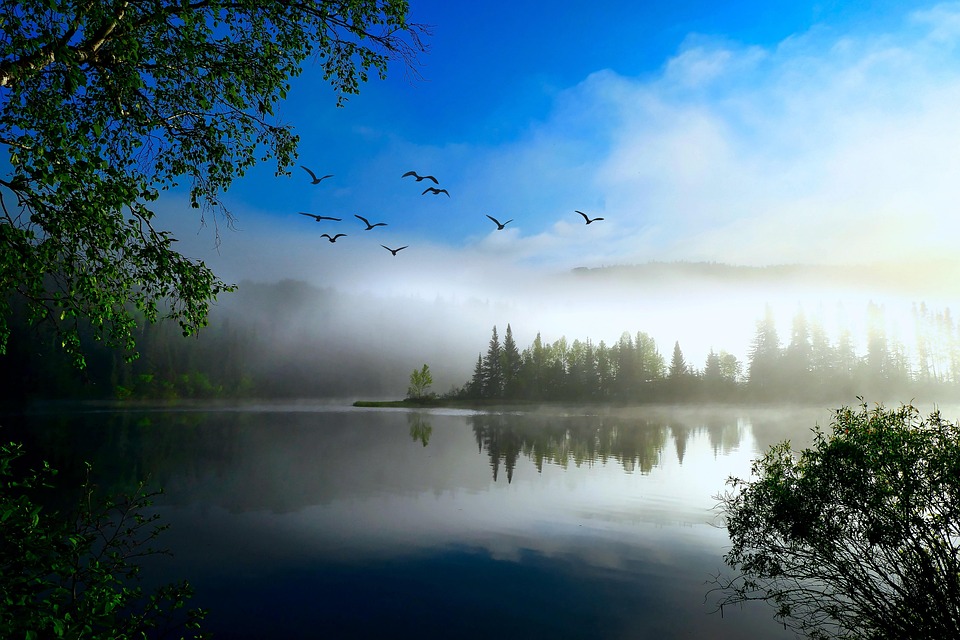In the intricate web of life that composes our planet’s ecosystems, few roles are as critical as that of pollinators. These small yet vital creatures—ranging from bees, butterflies, and bats to birds and various insects—serve as the unsung heroes of our agricultural and natural worlds. By facilitating the reproduction of plants, pollinators are integral to maintaining biodiversity, ensuring food security, and supporting the health of ecosystems worldwide.
The Pollination Process
Pollination is a natural process that involves the transfer of pollen from the male part of a flower (the anther) to the female part (the stigma). While some plants can self-pollinate or rely on wind and water for this task, a significant number require the help of pollinators. The process not only leads to the production of fruits and seeds but also plays a crucial role in the genetic diversity of plants.
Pollinators help plants reproduce efficiently by moving pollen from one flower to another, thereby fostering genetic exchange. Such interactions are not only essential for individual plant species but also for the broader health of ecosystems, as they contribute to the complexity and resilience of plant communities.
Biodiversity and Ecosystem Health
The importance of pollinators extends far beyond the realm of flowering plants. They contribute to ecological balance by supporting the growth of a variety of species within ecosystems. Many animals depend on plants for food, shelter, and habitat. A diverse plant population, fostered by pollinators, supports herbivores, which in turn sustain predators. Therefore, the decline of pollinators can lead to diminished plant diversity and, ultimately, a destabilization of entire ecosystems.
Notably, many wild plants, which serve as the foundation for healthy ecosystems, rely on pollinators for reproduction. This includes not only those plants traditionally used for human consumption but also vital forage for wildlife. The interdependence among species reinforces the critical role pollinators play in maintaining not just biodiversity but also ecological integrity.
Food Security and Economic Value
From an economic standpoint, pollinators contribute significantly to global food production. It is estimated that one in three bites of food we consume is made possible through the work of pollinators. Crops such as fruits, vegetables, nuts, and certain oils rely heavily on these small creatures. According to the Food and Agriculture Organization (FAO), the value of crops directly dependent on animal pollination is estimated to be between $235 billion and $577 billion annually.
In recent years, there has been growing concern over declining pollinator populations, primarily due to habitat loss, the use of pesticides, climate change, and disease. The implications of these declines are concerning not only for biodiversity but also for agricultural productivity and food security. Farmers and consumers alike recognize the importance of vibrant pollinator populations in ensuring sustainable agriculture and the availability of nutritious foods.
Challenges Facing Pollinators
Pollinators face a myriad of threats that exacerbate their decline. Urbanization reduces the availability of natural habitats, while intensive agricultural practices lead to the use of pesticides that can be harmful or lethal to these creatures. Climate change poses another significant challenge, altering the synchronization between flowering plants and their pollinators, thus disrupting the ecological balance.
The ongoing decline in pollinators represents not only a loss of species but also a potential crisis for food production systems and ecosystems that rely on them. It is crucial to address these challenges through conservation efforts and sustainable agricultural practices.
Promoting Pollinator Health
To protect and support pollinator populations, various strategies can be adopted. Initiatives such as creating pollinator gardens, planting native species, and reducing pesticide use can have significant positive impacts. Additionally, advocating for policies that promote biodiversity, conserve habitats, and support organic farming can further enhance pollinator health.
Education and community engagement are also vital components of pollinator preservation. By raising awareness about the importance of these creatures, individuals and communities can foster a culture of conservation that benefits both pollinators and the ecosystems they sustain.
Conclusion
Pollinators are undeniably the guardians of our ecosystems, playing an essential role in sustaining our environment and ensuring food security. Their contributions extend beyond the agricultural sphere into the very fabric of natural systems that support life on Earth. Protecting and promoting the health of pollinator populations is a responsibility we all share. By understanding their importance and advocating for the conservation of their habitats, we can safeguard the invaluable services they provide, forging a path toward a sustainable and biodiverse future. The fate of our ecosystems relies on the continued existence of these tiny but mighty guardians.

Leave a Reply